ГДЗ Англійська мова 8 клас. Підручник [Несвіт А.] 2021
Unit 2. Lessons 7–8. Schools in Great Britain
1.Read the magazine article and name the types of schools in Great Britain.The types of school in Great Britain are: a nursery school or a kindergarten, a primary school, a comprehensive school or a grammar school, a sixth-form college. Private school: a preparatory school and a public school.
2. a)Match the words from the article (1–9) to their definitions (a–h).
1. education c) the process of teaching and learning usually at school, college or university;
2. comprehensive school d) all inclusive schools in Great Britain;
3. complicated a) difficult to understand;
5. boarding school b) schools where students live and study;
6. compulsory e) must be done because it is the law;
7. public schools g) the most expensive private schools in Great Britain;
8. kindergartens h) schools for children under 5 years old;
9. independent schools f) schools run by private organizations.
3.Work in pairs. Take turns to ask and answer the questions given below.
1. The British children start going to school when they are five.
2. The children under 5 years old receive education in a nursery school or a kindergarten.
3. In a primary school children stay for seven years.
4. After that they continue their education at a comprehensive school or a grammar school.
5. In a grammar school the children get academic education.
6. In the sixth form they get ready to enter the university.
7. Public schools in Britain are very expensive and they are usually boarding schools.
8. Boarding schools are schools where students live as well as study.
5.Listen to Tim Hardy talking about his studying at school and choose the correct item to answer the questions.
1. Tim lives in the UK b).
2. He attends comprehensive school b).
3. He is on Key Stage 3 c).
4. It is 8 years of studies c).
a)Complete the text with the words from the box.
The Schools I went to
I started (1) primary school when I was five, but before then I went to a (2) nursery school for a couple of years. I only stayed there from nine in the morning until twelve, but at primary school we stayed until three in the afternoon. I really enjoyed primary school. I made lots of friends there. We didn't have much homework and we played a lot. When I was eleven, 1 started (3) secondary school and things became more difficult. We studied from nine until four every day. I went to a (4) state school. It was free. The government paid for everything. It was OK, but my parents wanted me to go to a (5) private school. It was expensive, but the school was better and the students could get better exam results and get a better job in future. I left school when I was sixteen. I want my children to study at (6) university.
b)Look through the text above and complete each sentence with one word.
1. I went to nursery school for a couple of years.
2. I really enjoyed primary school. It was great!
3. I made lots of good friends at school.
4. At the age of eleven I started secondary school.
7.Work in pairs or small groups. Discuss and compare the British and Ukrainian systems of education. Complete the table below.
Schools in Great Britain - Schools in Ukraine
Children start school at the age of 5. - Children start school at the age of 6.
Students can leave school when they are 16. - Pupils must stay at school for 9 or 11 years.
Students don’t have to take exams when they transfer from junior school to secondary school. - Pupils have to take exams after the 9th and 11th classes.
Students must stay at school for additional two years and take (Advanced Level Exams) to enter one of British universities. - Pupils may enter the university after they leave school.
8.Write a short article to your school newspaper about the educational system and schools in Great Britain.
Educational system and schools in Great Britain
Educational system of Great Britain is not easy. There is a nursery school, infant school, junior or primary school and secondary school. The children under 5 years old receive education in a nursery school or a kindergarten. When they are five they start going to a primary school. In a primary school children stay for seven years. After that they continue their education at a comprehensive school or a grammar school. Or they can go to public schools but in Britain they are very expensive and they are usually boarding schools where students live as well as study. When they are 16 they can go to a technical college or sixth form college to get ready to enter the university.
 ГДЗ 8 клас Підручник Генеза Англійська мова 2021 Несвіт
ГДЗ 8 клас Підручник Генеза Англійська мова 2021 Несвіт
 Якщо помітили в тексті помилку, виділіть її та натисніть Ctrl + Enter
Якщо помітили в тексті помилку, виділіть її та натисніть Ctrl + Enter 12.09.2021,
12.09.2021,
 16 769,
16 769,
 0
0
 Назад
Назад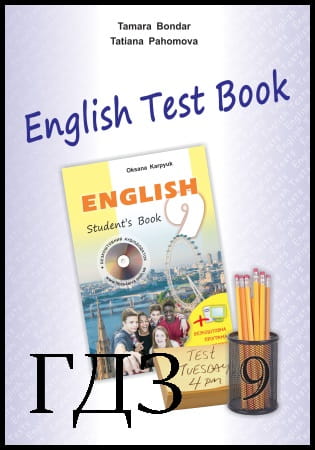
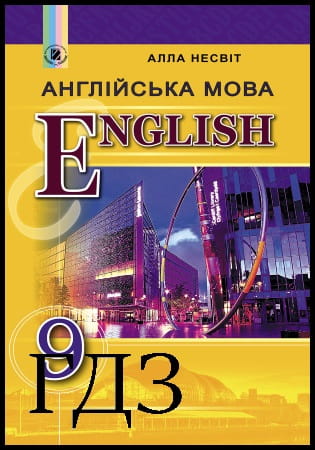
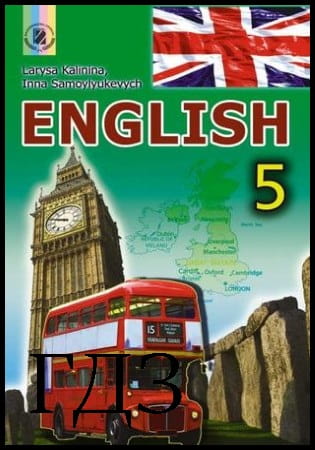
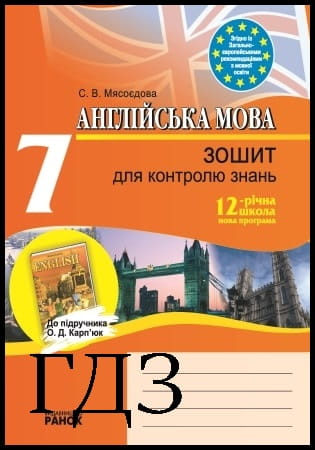
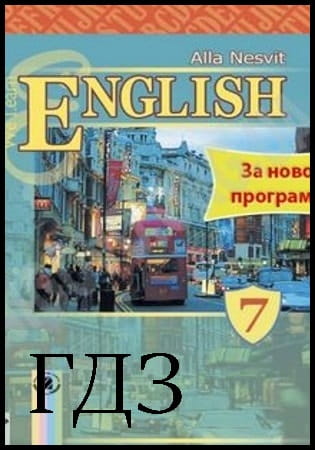
![ГДЗ Природознавство 5 клас. Підручник [Ярошенко О.Г., Бойко В.М.] 2018 ГДЗ Природознавство 5 клас. Підручник [Ярошенко О.Г., Бойко В.М.] 2018](/uploads/posts/2019-04/1555779316_5_p_y_u2018.jpg)
![ГДЗ Основи правознавства 9 клас. Підручник [Наровлянський О. Д.] 2017 ГДЗ Основи правознавства 9 клас. Підручник [Наровлянський О. Д.] 2017](/uploads/posts/2019-02/1550928122_9k_p_n_2017.jpg)
![ГДЗ Українська мова 8 клас. Підручник [Глазова О.П.] 2021 ГДЗ Українська мова 8 клас. Підручник [Глазова О.П.] 2021](/uploads/posts/2021-10/1633720388_8k_y_g_2021.jpg)
![ГДЗ Вступ до історії 5 клас. Підручник [Гісем О.В.] 2018 ГДЗ Вступ до історії 5 клас. Підручник [Гісем О.В.] 2018](/uploads/posts/2019-07/1564163269_5k_i_h_2018.jpg)